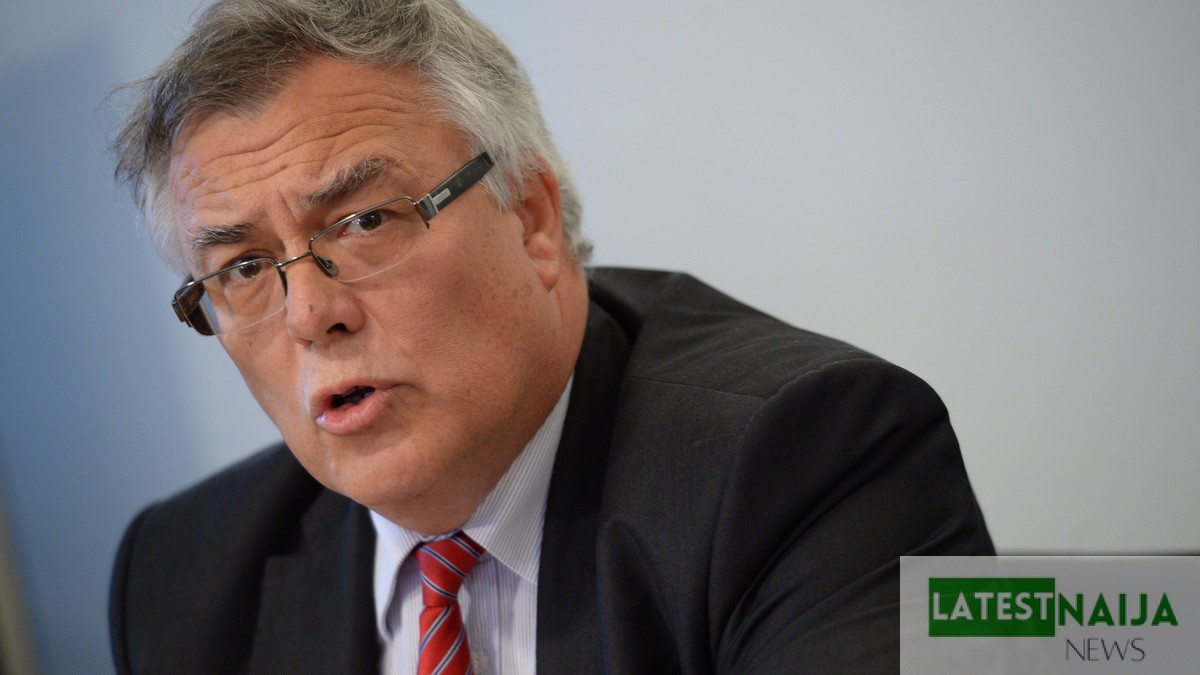In a surprising development, the Russian Government officially announced on Monday that it had placed the President of the International Criminal Court (ICC), Hofmanski Piotr Jozef, on its wanted list.

The move comes amidst growing tensions between Russia and the ICC, which had recently issued an arrest warrant for Russian President Vladimir Putin over allegations of war crimes related to the unlawful deportation of Ukrainian children.
According to a notice published in the Russian interior ministry database, Hofmanski Piotr Jozef, a Polish national, is “wanted under an article of the Criminal Code of the Russian Federation.” However, the notice did not provide specific details regarding the allegations against Hofmanski.
The Hague-based ICC had caused a diplomatic uproar earlier this year when it announced an arrest warrant for President Vladimir Putin. The charges against Putin revolve around accusations of war crimes linked to the alleged illegal deportation of Ukrainian children.
Furthermore, the ICC also issued a warrant against Maria Lvova-Belova, Russia’s presidential commissioner for children’s rights, on similar charges.
Russia’s response to these developments has been resolute. Even though Russia is not a member of the ICC, it has vehemently opposed the arrest warrant against Putin, labeling it as “void.” This strong stance has led to a diplomatic standoff between Russia and the international body, escalating tensions on the global stage.
This move to place Hofmanski Piotr Jozef on Russia’s wanted list is the latest in a series of actions taken by Russia against individuals associated with the ICC. Previously, Russia had issued arrest warrants for ICC prosecutor Karim Khan and several judges.
In September, the ICC further intensified its efforts to hold Russia accountable for its actions in Ukraine by opening a field office in the country. The office was established as part of the ICC’s ongoing mission to investigate and address alleged war crimes committed by Russian forces during the conflict in Ukraine, a move strongly contested by Moscow.
As the standoff between Russia and the ICC continues to escalate, the international community watches closely, with concerns over the potential impact on global diplomatic relations and efforts to hold individuals accountable for alleged war crimes.


Comments are closed.